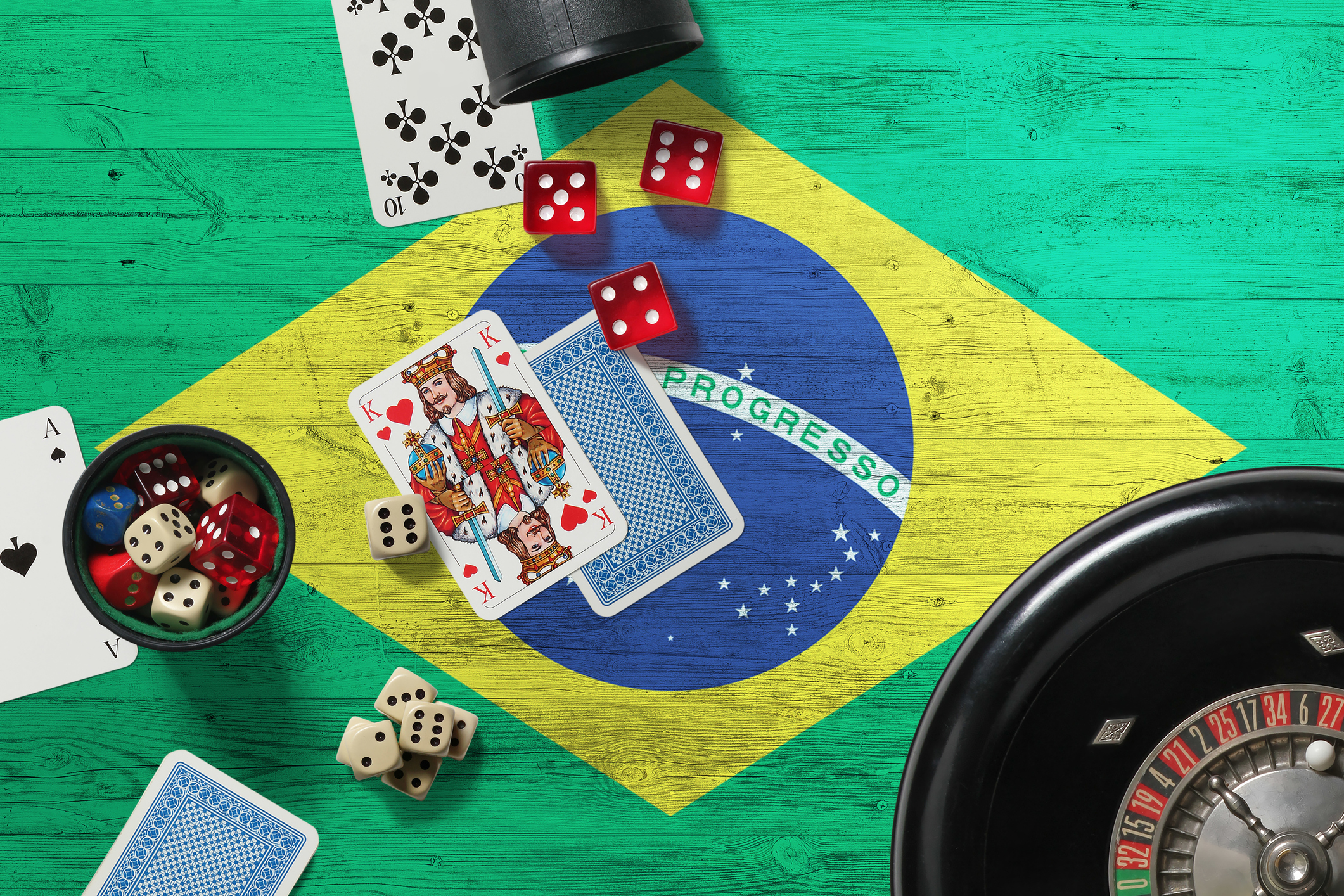
What is it going to take to succeed in Brazil?
In this article, brought to you by TG Lab, CEO Ugnius Simelionis explores why localisation is key to success in Brazil's igaming market and what strategic options are available to international operators looking to conquer this demanding landscape

The next six months in Brazil’s newly regulated igaming market will be a gold rush – a frantic scramble for market share. Predicting short-term winners is difficult, but one thing is clear: even established international operators face significant challenges. Navigating KYC hurdles, a rush of new entrants and content saturation requires a deep understanding of the local market.
Localisation is the core issue. International operators are facing challenges right now because truly understanding and catering to local nuances is incredibly difficult. They compete with local brands that, while perhaps lacking cutting-edge technology, possess an innate understanding of the Brazilian market and its players.
International operators may boast superior UX, but local brands truly understand the market – and here lies the challenge. Local brands implicitly know player preferences, local sports, games and the specific dynamics of the Brazilian gaming landscape. They compensate for any technological shortcomings with this invaluable local knowledge. This is what players prioritise. UX and UI are less important right now – local players want brands that understand them.
This local knowledge is crucial given the current KYC challenges and the general lack of market-specific expertise among international players. This is the critical vulnerability for big brands that they will need to solve. To truly excel, operators need a strategy that effectively bridges the localisation gap. While the playing field between smaller local brands and large international players will eventually level out, acting local now provides a crucial edge.
The next six months could make or break your brand if you’re planning a Brazilian launch. Localisation is paramount. If you’re an international brand struggling with this, compounded by regulatory complexities, you’re going to need an edge to compete. In short, you have one shot at success: choose your strategy wisely.
So, what does it take to win in Brazil?
The most successful international operators in Brazil will be those who prioritise local expertise. The most effective approach here is partnering with, or acquiring, established local players. This provides immediate access to invaluable local knowledge, including player preferences, regulatory expertise and existing networks. This approach can significantly accelerate time to market and reduce the risks associated with navigating a new regulatory landscape.
Building dedicated local teams, with deep knowledge of the Brazilian market, is another crucial element for long-term success – and one that many are only just realising now. These teams should be responsible for understanding player needs, developing localised marketing campaigns and building relationships with local stakeholders. This kind of investment demonstrates a commitment to the local market and allows for a more nuanced understanding of player behaviour.
Joint ventures and partnerships with local companies can also be a valuable strategy. These collaborations can provide access to existing infrastructure, distribution channels and market insights. This can be a less resource-intensive option than acquisitions, while still providing valuable local expertise. It allows international operators to tap into established networks and gain a foothold in the market more quickly.
Think global, act loyal
Regardless of the chosen approach, several key elements are essential for success. International operators must invest in research and local market intelligence to develop a proposition that resonates with Brazilian players. This includes understanding their preferred game types, sports, cultural sensitivities and payment methods. Without this understanding, marketing efforts will fall flat, and player acquisition will be challenging. We’ve seen this in action already over the first 30 days.
Next up, navigating Brazil’s regulatory framework can be complex and challenging. Deep local expertise is crucial for ensuring compliance and minimising risk. Operators must stay up-to-date on the latest regulations and work closely with local legal experts. This is not an area where international operators can afford to make mistakes.
Building relationships with local partners, including payment processors, marketing affiliates and technology providers, is also essential for success. A strong local network can accelerate time to market and provide access to valuable resources. These relationships are the foundation of a successful operation in any new market.
Finally, while the initial gold rush period is important, international operators should focus on building a sustainable business in Brazil. This requires a long-term commitment to the market, a deep understanding of local nuances and a focus on building trust with Brazilian players. Short-term gains should not be prioritised over long-term sustainability.
Success in Brazil requires more than just having a technologically advanced platform. It requires a deep understanding of the market, the players and the regulatory landscape.
International operators that prioritise localisation and invest in local expertise will be best positioned to conquer this dynamic and demanding market.

Ugnius Simelionis leads TG Lab as CEO and managing partner, driving the company’s mission to provide cutting-edge igaming platform solutions. TG Lab partners with top-tier operators, including Betsson Group and Stake, to deliver flexible and scalable technology across multiple regulated markets. Simelionis brings extensive industry knowledge to the role, having previously served as CEO of TonyBet. He is also an investor and adviser to gaming companies such as Kickertech, Strive Gaming, and Stakelogic.
